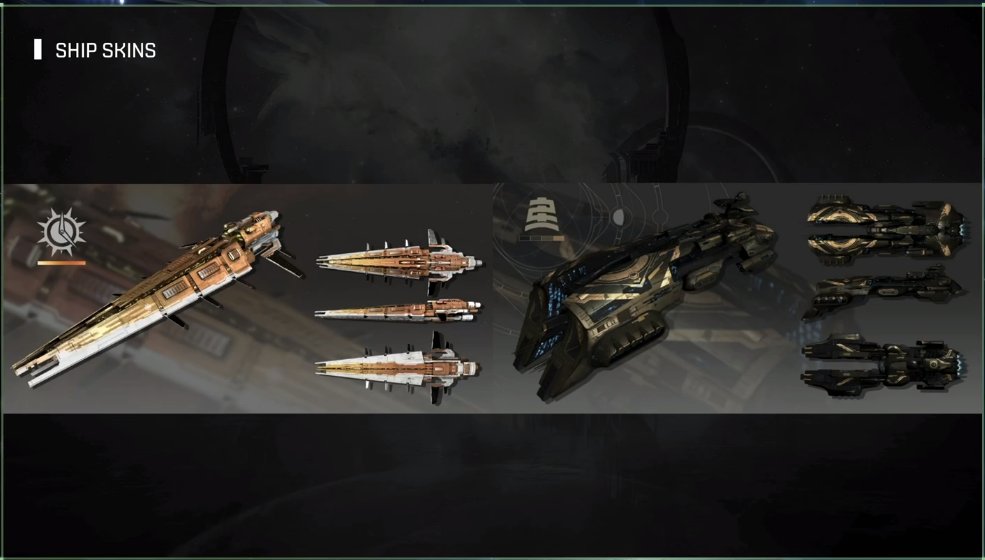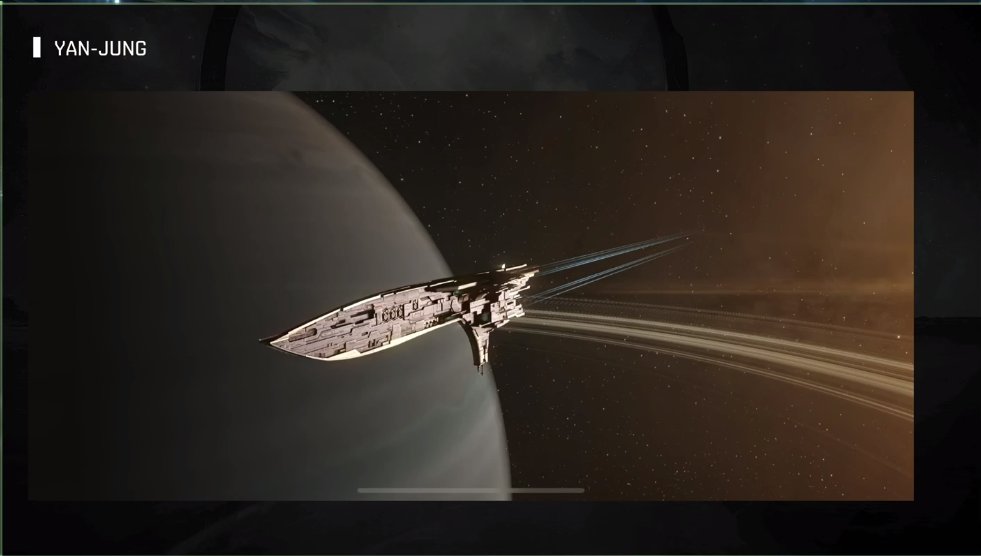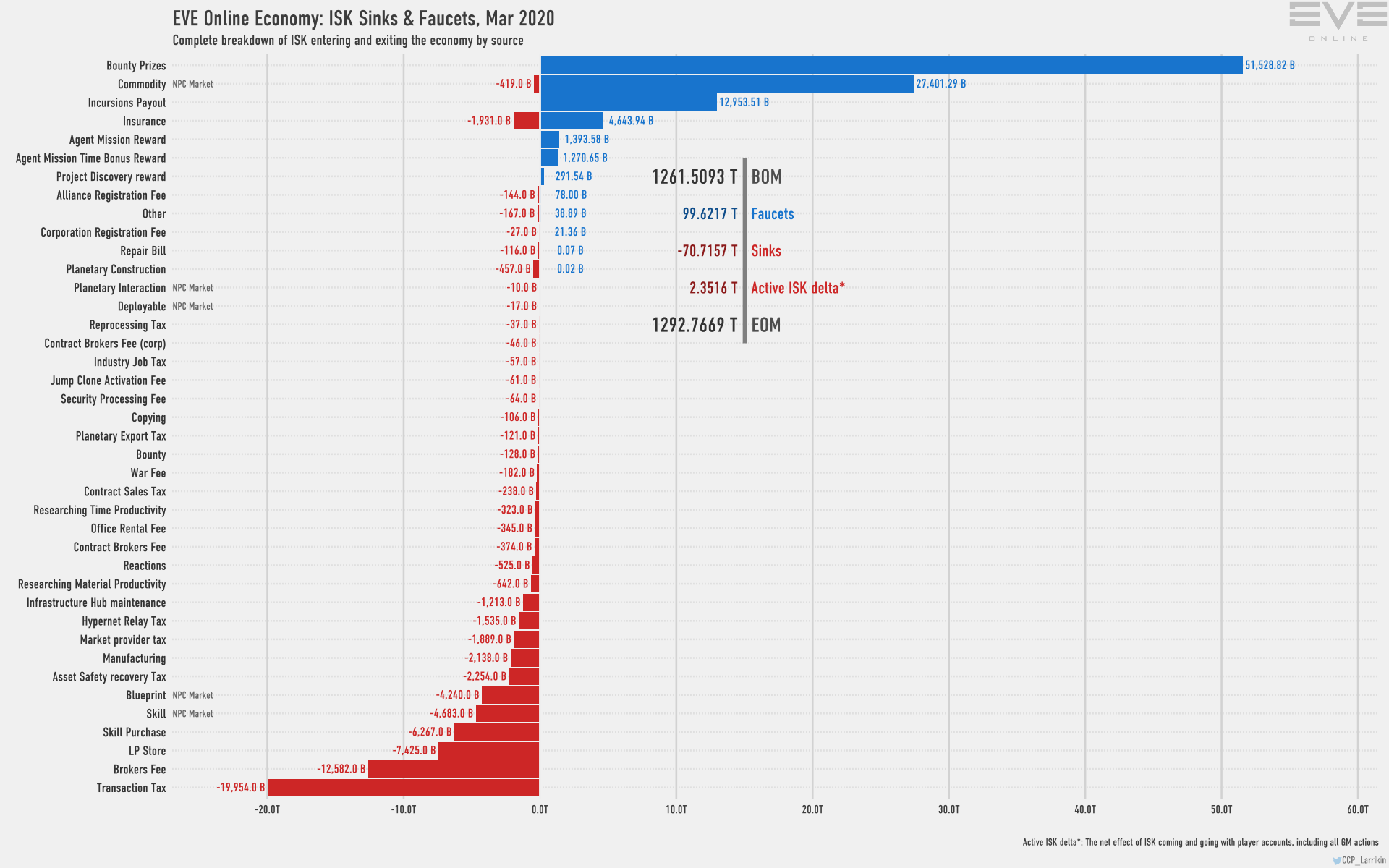Today, Pearl Abyss held its
Q2 2020 earnings call for investors. After a down last quarter of 2019, caused in large part due to an accounting change with the console version of
Black Desert Online, the South Korean game studio continued on its upward trajectory.
 |
| From PA Q1 2020 Earnings Call |
Quarter over quarter, Pearl Abyss increased its operating revenue by ₩16.6 billion, or 14.2%. Operating profit also increased 28.3%. While the net profit remained relatively flat, only increasing ₩200 million, the figure was still a 242.6% increase over Q1 2019. One of the analysts on the call asked about the factors in Black Desert Online's growth in 2020 and was told that the COVID-19 pandemic did play a role in the revenue increases.
 |
| From PA Q1 2020 Earnings Call |
Usually EVE Online is an afterthought in the earnings calls. But a 15% increase in earnings in the first quarter meant Pearl Abyss needed to say something. PA's Chief Financial Officer Cho Seok-woo made the following statement to the listeners. The English translation is probably not the most elegant.
EVE Online is also maintaining stable performance. EVE Online -- which was known as the most difficult MMO game -- had the most important challenge, which was to motivate the interest of early users. Using Black Desert know-how and experience from EVE Online, many improvements were made. And accordingly, we saw a meaningful increase of new users. EVE Online, which is in its 17th year of launching, shows through many indexes that a well-made MMO game has a very long lifespan value.
To my knowledge, the above is the first public statement that Pearl Abyss employees and not just CCP developers are involved in the development of EVE Online. I'm sure many players who frequent social media will find the statement a surprise.
Why make the statement at all? One possible reason involves a slight miscalculation that slipped into the
Q4 2019 earnings call held in February. The revenue for the EVE IP was reported as ₩15.6 billion, or over 25% more than the actual figure of ₩12.4 billion. By proactively giving the analysts an explanation of why the EVE IP's revenue was what it was, Pearl Abyss could forestall any embarrassing questions. In the end, the analysts decided they had more important things about which to inquire.
The Q4 revenue overstatement also plays a role in reevaluating
the effects of The Blackout. Referred to on the blog as Hurricane Hilmar, the event was a two-month experiment with changing the local chat channels in null security space to work like chat in wormholes. Initially, Hurricane Hilmar, while wrecking havoc inside
EVE, seemed to not have affected the financial situation of the game. Indeed, after February's earnings call, observers believed that the EVE IP income grew 4.7% from the second quarter of 2019 to the fourth. Instead, revenue actually dropped 16.8% with a drop of 15.1% in the quarter after The Blackout was lifted. What made the situation worse is that the third quarter is normally the period with the least amount of activity in
EVE. After a performance like that, one might expect the parent company to come in and give its newly acquired studio a hand.

The last part of the presentation involved an update on future games. In the second quarter, Pearl Abyss will launch Shadow Arena next Thursday. The other three games under development received generalized release dates. Crimson Desert is scheduled to launch in Q4 2021, DokeV in 2022, and Plan 8 in 2023. When asked about the later than expected release date for Crimson Desert, Pearl Abyss explained that the delay is due to an internal reorganization. The other reason given is that the Korean studio is developing both PC and console versions of both Crimson Desert and DokeV simultaneously.
CCP also had a little news. The Chinese government approved Netease running the EVE server in China on 12 March and officially launched on 27 April. But unlike for all the other games in development, PA was unwilling to give a lot of details about CCP's mobile game being developed by Netease. After questioning by the analysts, PA directed them to the watch the stream on Sunday (17 May).
That's my look at the latest Pearl Abyss earnings call. Soon the information under the EVE IP will no longer contain information about just EVE Online. I found the call very interesting, filling in parts of the EVE story. Because in EVE, the game doesn't stop at the monitor's edge.












